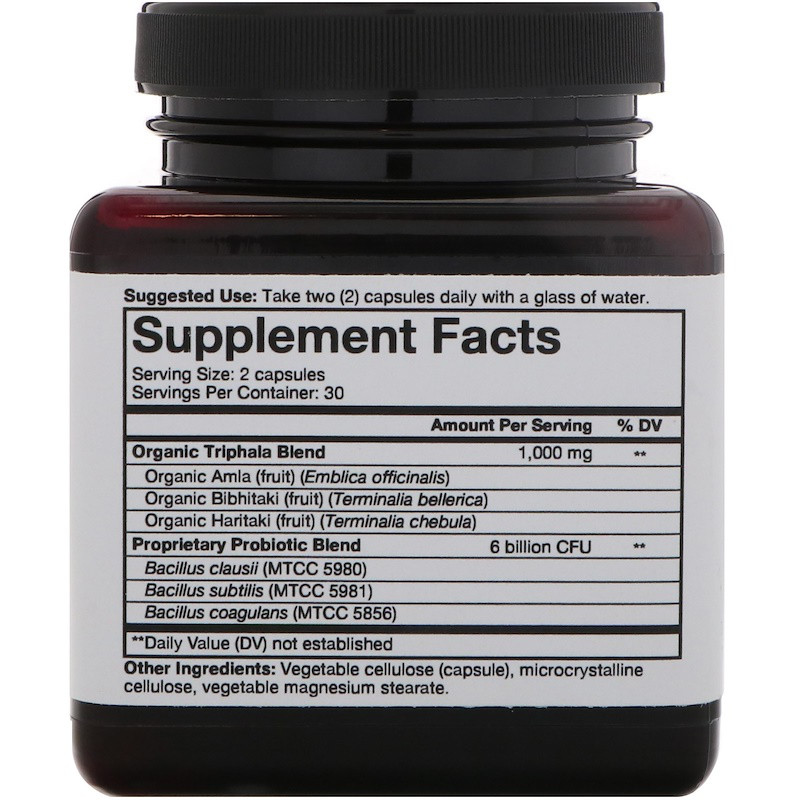


Few things fertilize and speed up the growth of pathogenic microbes faster than sugars. One of the fastest ways to create an imbalance – and feed the bad bacteria in your gut – is to eat too much sugar and non-fiber carbohydrates. The chlorine in chlorinated tap water can potentially destroy both the bad bacteria and the good, friendly bacteria in your gut. An additional 2015 study confirms PPI users are associated with a less healthy gut microbiome compared to non–users. Included are the antibiotics hidden in food, especially factory-farmed meats and conventional dairy products.Ī British study on twins suggests that proton pump inhibitors (PPIs) taken for heartburn can alter your gut flora. Whether you’re taking antibiotics right now, just finished a course last week or took them years ago, the well-being of your microbiome may be compromised. Most antibiotics can alter your gut microbial balance. When your microbiome falls out of balance or loses its diversity, or when your gut lining becomes compromised, many processes in your body can be impacted. The health of your microbiome depends on having the proper balance between beneficial bacteria and potentially pathogenic bacteria, as well as the health and integrity of your gut lining. The Nine Factors That Harm Your Gut Health There are many little–known factors affecting your microbiome on a daily basis that can alter its pH, impact your absorption of nutrients, inflammatory response, immune function, digestion and your gut’s ability to fight invaders. While sanitation and hygiene were indeed important variables, other factors played a role as well, especially diet. The sanitation and hygiene practices that are so prevalent in the Western world were absent here.They had far lower exposure to electrical fields and EMFs.They had never been exposed to antibiotics.The population’s high–fiber indigenous diet differed greatly from the standard American diet.Obviously, there were multiple factors at play in this remote region: The tribe had about 50% more ecological diversity in their gut than the average American. Their first surprise was the astonishing number of different species present in the Yanomami's microbiome. This outside visit marked their first contact with modern society.Īfter taking samples from 12 of the villagers' fecal matter, the research team used DNA analysis to determine which species of bacteria thrived in the hunter-gatherers' guts. Members of this tribe have lived as hunter-gatherers for more than 11,000 years in this region of the Amazon rain forest.

To answer that question, a group of researchers and a Venezuelan government medical team set out by helicopter to a remote Yanomami tribe living on the border between Venezuela and Brazil. Since there’s little doubt that modern-day living affects your gut health, how would your microbiome differ if you lived completely isolated from modern medicine, food and culture? Your microbiome is your unique collection of intestinal bacteria – the trillions of gut bacteria that influence your immune health, mood, behavior, digestion, metabolism and weight. Modern–Day Hunters and Gatherers Reveal Surprising Truths About Microbiome Health While all this may sound like a good thing for your health, this obsession with sanitation and cleanliness has forced us to take a step backwards with our gut health. If you do happen to get dirty – or end up with dirt-covered food – there’s no shortage of fancy vegetable scrubbers, antibacterial soaps and sanitizing hand gels to remove grime and bacteria. Designer garden tools and thick, plush gloves just about guarantee that you won’t soil your hands.Īnd it’s not only adults… These days, children spend far more time in front of computers than they do digging in the ground. Today, it’s no longer “normal” to get your hands dirty. We stopped touching dirt – and we made sure we didn’t eat it. It wasn’t until years later that Americans became obsessed with cleanliness. In fact, you probably helped out by pulling weeds and planting seeds with your bare hands.Įven if you didn’t have a family garden, as a kid, you probably played outdoors for hours each day and got more than a little dirty.īack then, people didn’t worry so much about dirt – it was part of life. It is likely many of you, much like myself, grew up in homes where having a vegetable or flower garden was commonplace. Hunters and gatherers couldn’t avoid it, and regardless of culture, there’s evidence people have included traces of dirt in their diets throughout the ages. It’s been around a long time, dating back more than 2,500 years.


 0 kommentar(er)
0 kommentar(er)
